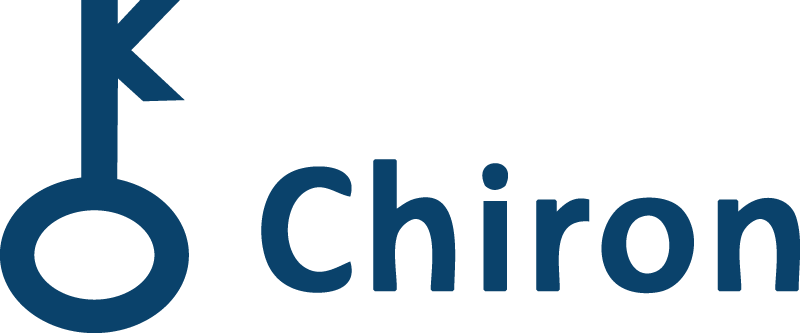With an imminent end to lockdown in the UK, the authorities have been trying to educate the public about the balance of risk, the need to make sound judgements about the trade-offs we make in our daily decisions. This is a welcome note of caution as most people tend to see risk in binary terms when they encounter it.
For the vast majority risk is something negative, an undesirable outcome that is best avoided so risk management is about protection from harm, physical or financial. A smaller number work with risk every day and have a more sophisticated respect for it: investment managers, mining engineers or medical surgeons. These occupations require an appreciation of the balance between risk and reward, whether making a profit or saving lives. They understand that risk is necessary in order to make progress, but that the balance between risk and reward needs to be calculated carefully.
With the lifting of lockdown, the public health message aims to raise the level of risk appreciation among the wider public. Individuals will be able to choose how they balance the rewards from socialising more widely with the increased risk of infection. We now know that crowds offer a higher risk than low density events, and that indoor spaces with restricted airflow similarly increase risk. Many will view this as an acceptable risk when walking into airport lounges or package holiday flights. The reward justifies the risk for them, because a holiday abroad is allowed and valued.
Risk perception is a personal affair and many people will be reluctant to risk infection through willingly entering an airport or plane. Older people have a less cavalier attitude to risk than young people, they recognise that both density of crowd and quality of airflow will be beyond their control and represent an unacceptable risk. Airlines and holiday companies will offer mitigating reassurance because it is their business, but then border controls and local infection testing will create queues so crowding in confined space is still unavoidable.
During the past fourteen months we have learnt more about Covid and how it spreads and mutates, we know the virus is aerially transmitted in droplets and air quality is critical. Many office workers chose to work from home because they don’t trust office air-conditioning to provide a virus free environment. They don’t trust the air-conditioning on trains or tubes to be properly serviced of filtered. With awareness of airflow, more people are taking their own decisions about which risks they are prepared to take, how they travel and for what type of gain.
Risk is the cost we pay for gain, and as long as we know the cost we can decide to pay it if the gain is substantial. Almost thirty years ago the inhabitants of Sarajevo knew the cost of shopping for food; they had to run the gauntlet of Serbian sniper fire and artillery shelling. Once you know the risk-reward balance you make your decisions accordingly. We are entering a new phase in the pandemic, recognition of the inter-relationship between risk and reward, and a need for balanced judgement.

